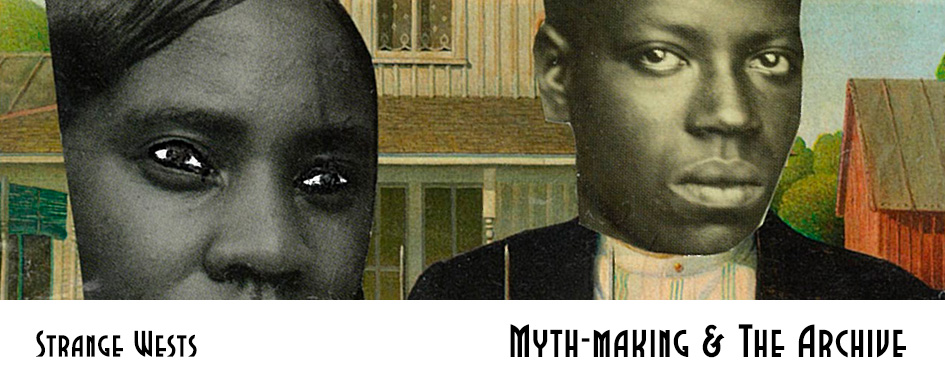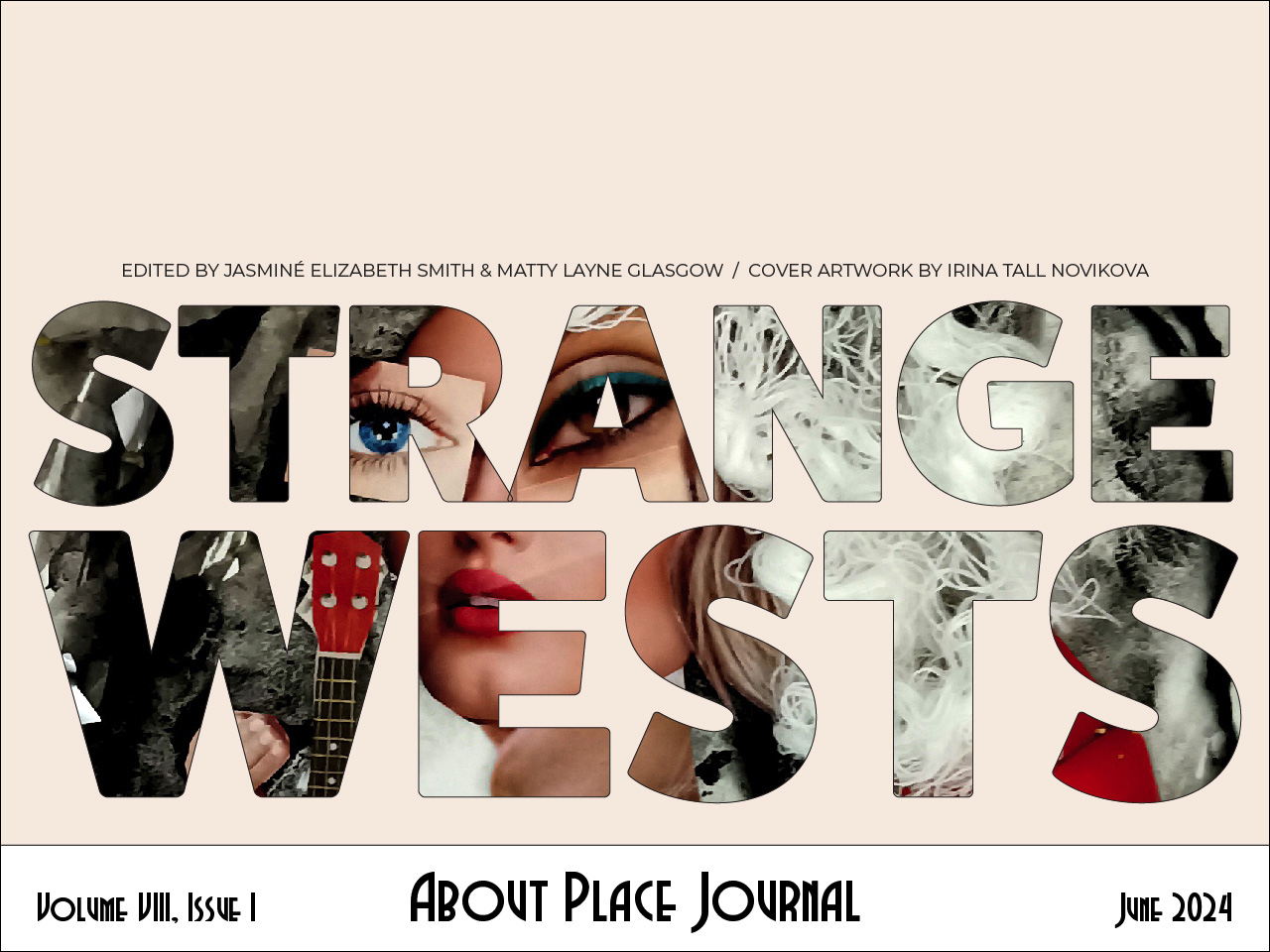Take a peek beyond popularized myths of the Wild West and the insatiable desire for that which is, by definition, unachievable: more; farther. You’ll find the secrets to survival tucked away in the earth, truer ways of being that have been placed beneath misnamed gravestones, and resistance woven into plaits and prayers threaded by our ancestors—a wealth of knowledge to be envied by gold rushers and cattle barons, if they had good sense.
As readers of this issue, we’re called to interrogate the myths we’ve made of the West and of ourselves. Authors in this section investigate the very concepts of memory, subjectivity, grief, and selfhood. Others subvert academic and governmental institutions, unearthing from historical records the Indigenous wisdom which calls into question our so-called destiny. Where did you grow up, and what does it say about you? How are your worldviews and foodways shaped by family and culture? How do we support the preservation of (all) life on the planet? How do we honor and access ancestral understandings held by the spirit and in nature? How can we live in reverence towards, respect for, and reciprocity with the natural world and the lands’ original stewards? What breaks your heart, and what do you want to do about it? These are questions both asked and which can, at least in part, be answered by the archive. We have only just begun digging.
While we grapple with what we should be doing, this section also asks us to stay rooted in the power of being. Myth-making is a natural complement to the historical record, bridging the gap between what is known about history and what is known in the body. Worth. Wholeness. Being seen. Seeing ourselves. Myth-making is the process through which I form a conception of selfhood upon which I can rest my continuation and thus the continuation of my history, ancestry, and culture. It’s an exercise in harmony with the harrowing frontier of someone else’s making. It’s how, even if I don’t know my name, I know what to call myself. I take solace in the archive as indictment and inspiration, and in myth-making as a tool not belonging to the master; both being methods of recreating (or rather, restoring) the West and the rest of the world.
In love,
Shan


